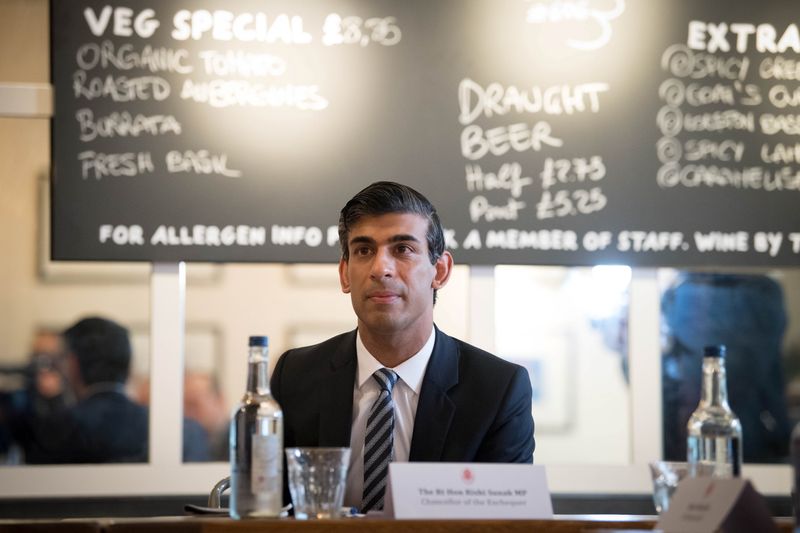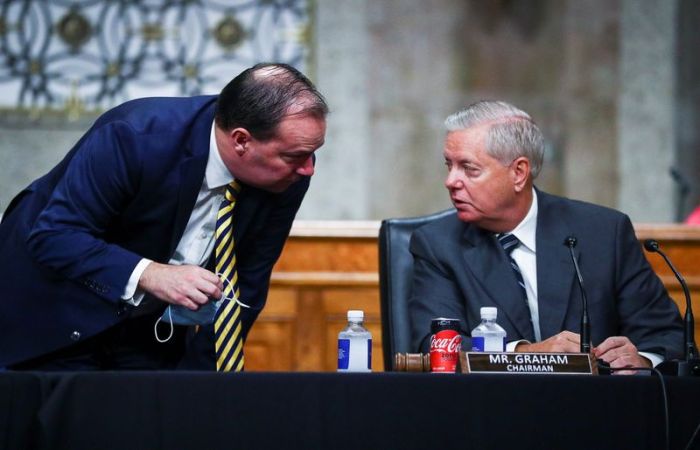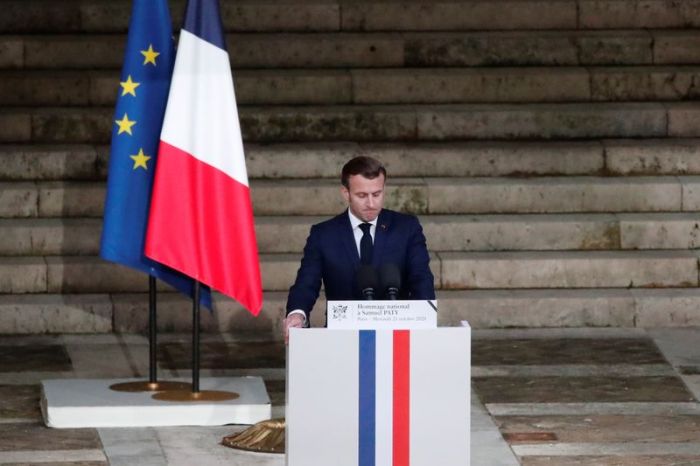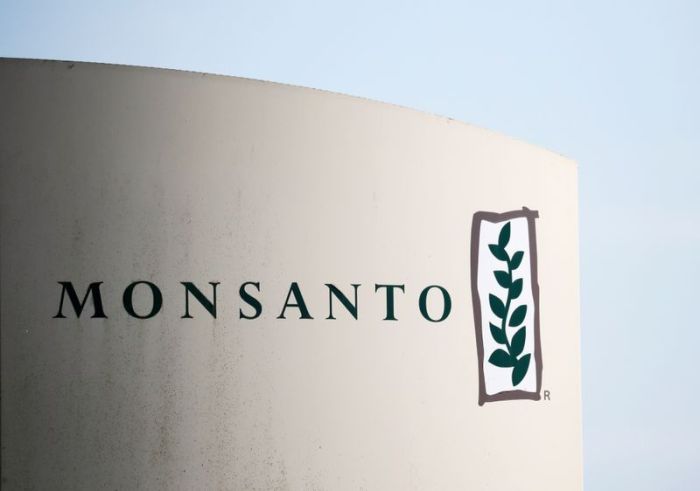LONDON (Reuters) – British finance minister Rishi Sunak was forced to offer billions of pounds more of financial help on Thursday to businesses grappling with a resurgent COVID-19 pandemic, which looks increasingly likely to derail the economic recovery.
Sunak told parliament that the government would shoulder more of the burden for paying wages of staff who return part-time to struggling businesses, and would offer more money to hospitality companies and the self-employed.
The move, Sunak’s third major announcement in the space of a month, marks a further turnaround after he resisted calls to make government support schemes more generous.
Opponents, policy analysts and some businesses said it was obvious that more help would be needed, and that it should have come sooner.
Britain, the European nation worst-hit by the pandemic with more than 44,000 COVID-19 related deaths, is now seeing a second wave of the virus, recording 26,688 new cases on Wednesday.
“I’ve always said that we must be ready to adapt our financial support as the situation evolves, and that is what we are doing today. These changes mean that our support will reach many more people and protect many more jobs,” Sunak said.
He told parliament the economy was under “enormous strain” and that more jobs would still be lost.
Over the next six months COVID job support measures and grants to the self-employed and hospitality industry could cost around 13 billion pounds ($17 billion) in total, with the enhanced job support scheme accounting for about half the cost.
Government borrowing in the first half of the financial year is already more than six times higher than before the COVID pandemic at 209 billion pounds.
‘JOBS SAVED’
Some sectors are now in dire straits. An official survey published earlier on Thursday showed more than a third of hospitality companies say they are at risk of going bust.
Sunak said he would offer a new grant aimed at hospitality businesses in areas worst affected by the resurgence in infections which will be worth up to 2,100 pounds per month and can be claimed retrospectively to August.
Kate Nicholls, head of the UK Hospitality trade body, said it was a “huge and very welcome” intervention. “Just saved hundreds of thousands of jobs in hospitality and supply chain,” she said on Twitter.
The body had previously warned that more than half a million jobs were under threat.
Sunak changed the forthcoming Job Support Scheme, which is designed to dissuade businesses from making people redundant after the furlough scheme shuts at the end of this month and instead keep workers on reduced hours.
Businesses will now only have to pay 5% of the cost of wages for unworked hours, compared with 33% previously. Staff will also only need to be employed for one day a week, down from a third of their usual hours, further cutting the cost to employers.
Sunak also doubled the grants for self-employed people from 20% to 40% of their previous incomes.
His Labour Party opposition counterpart Anneliese Dodds said Sunak had failed to get ahead of the crisis.
“This is becoming like a long-running television show, ‘The Winter Economy Plan: Series 3’. But you know the twist is, it didn’t last the winter, it didn’t do enough to help the economy, and it wasn’t a plan,” she said.
The head of the Resolution Foundation think-tank, Torsten Bell, said Sunak had done the right thing, but that the delay had been damaging.
“Doing it earlier, given the obvious flaws, would have saved more jobs, but at least we’ve got to the right place 10 days ahead of the Job Support Scheme coming into effect,” Bell said.
(Writing by Andy Bruce; Editing by Sarah Young and Catherine Evans)


























